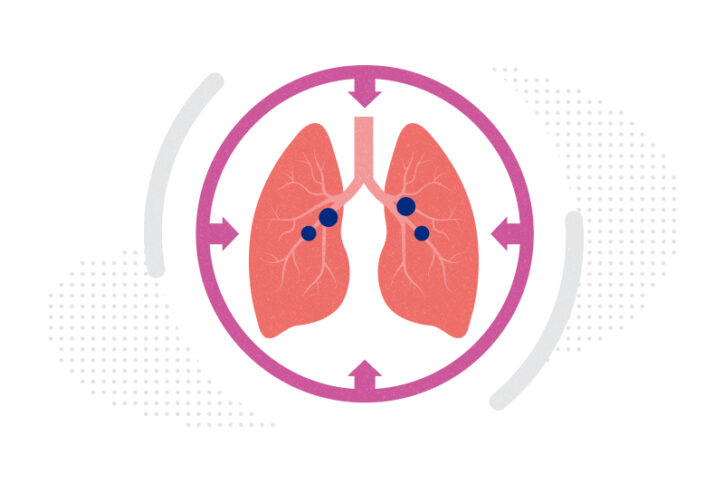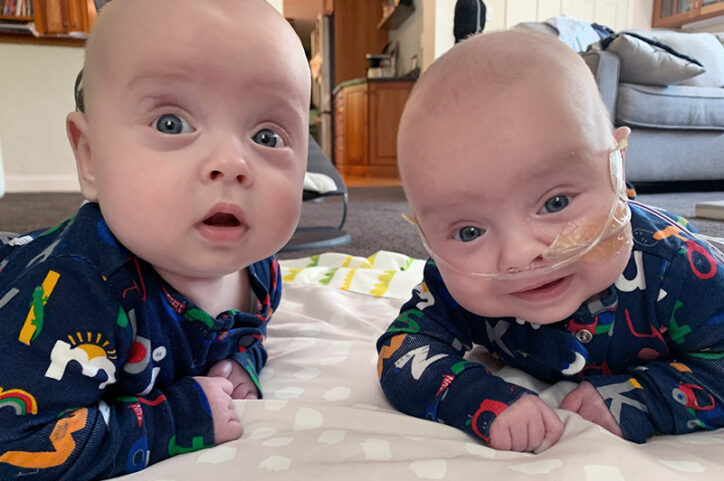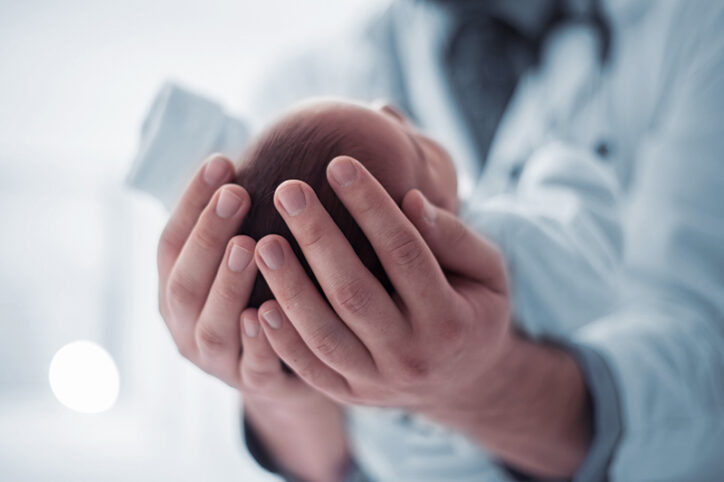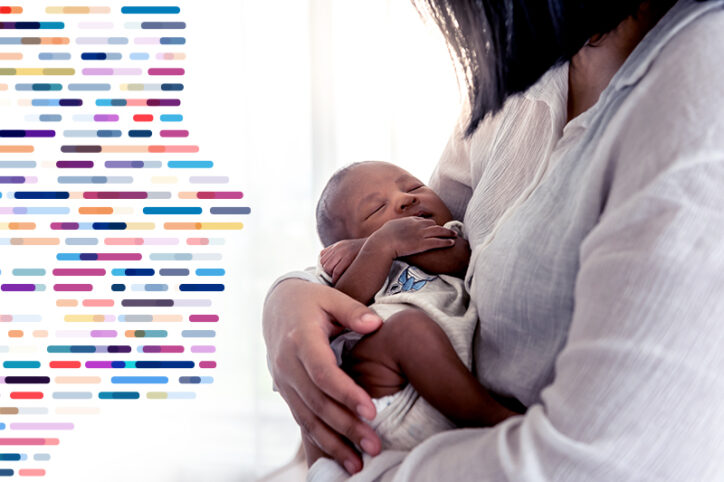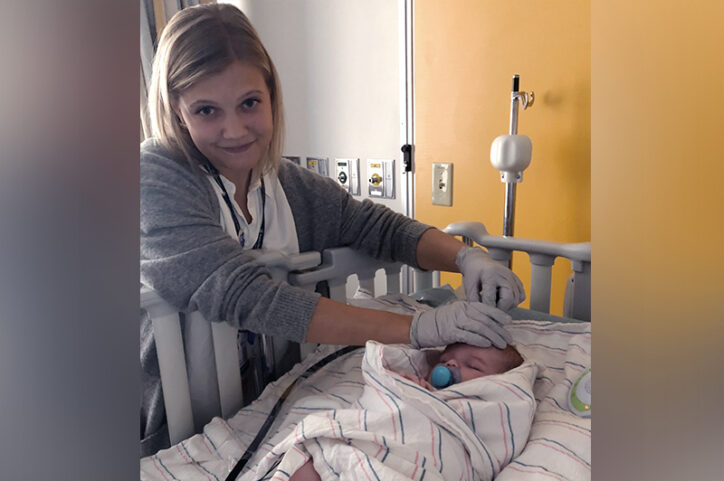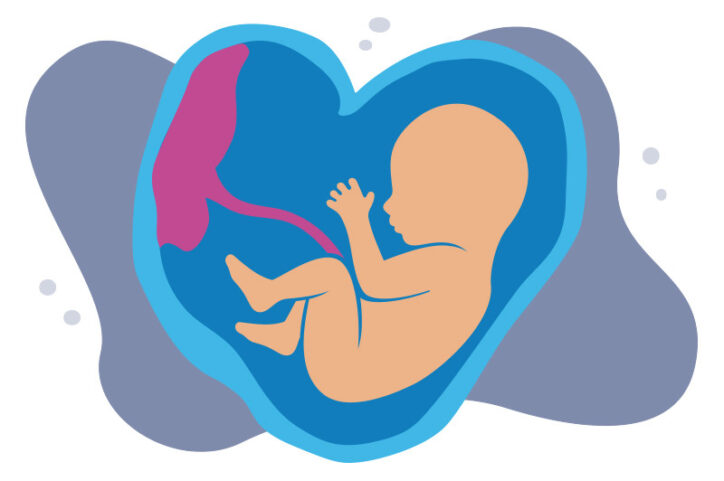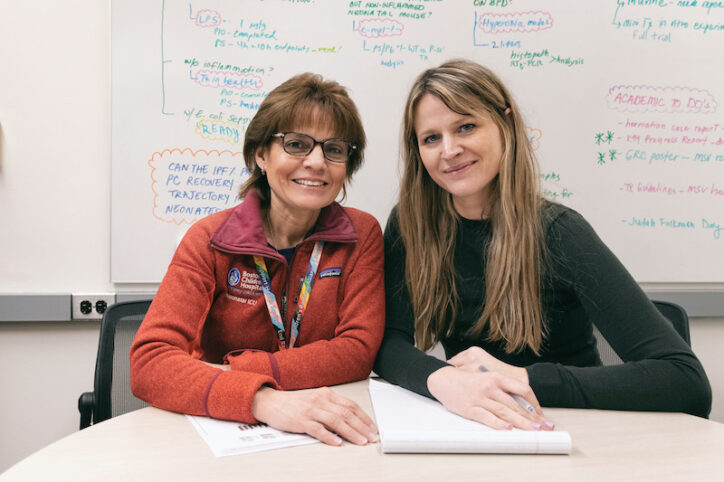Archive for newborn medicine
Modifying macrophages in the lung could head off pulmonary hypertension
In the 1980s, when Stella Kourembanas, MD, began her career in neonatology, she cared for newborns with pulmonary hypertension, a disease that results in abnormally high blood pressure in the lung arteries and can lead to heart failure. Since then, treatments like inhaled nitric oxide, new vasodilators, new modalities of mechanical ventilation, and extracorporeal membrane ... Read More about Modifying macrophages in the lung could head off pulmonary hypertension
My son is a NICU GraD: Here’s what I’ve learned
My husband and I aren’t first-time parents, but when our twins were born nine weeks early a year ago, everything we thought we knew went out the window. The thing is, it wasn’t Cal and Theo’s early arrival that was the biggest shock; it was the challenges that came afterward. Life with newborns and a ... Read More about My son is a NICU GraD: Here’s what I’ve learned
Mending injured hearts: Lessons from newborns?
When the heart is injured, as in a myocardial infarction, the damaged heart muscle cannot regenerate — instead, scar tissue forms. Cardiomyocytes, the heart muscle cells that generate contractile force, are lost for good. Yet, in mouse models, the hearts of newborns regenerate readily after injury. How are newborn hearts able to recover? What are ... Read More about Mending injured hearts: Lessons from newborns?
Infantile spasms: Speeding referrals for all infants
Infantile epileptic spasms syndrome (IESS), often called infantile spasms, is the most common form of epilepsy seen during infancy. Prompt diagnosis and referral to a neurologist are essential. Infantile spasms can present subtly, and research indicates that diagnosis is often delayed. Additionally, infants are especially likely to experience delays in referral to a neurologist if ... Read More about Infantile spasms: Speeding referrals for all infants
Bringing equity to genomic sequencing in newborns: BabySeq 2.0
Today, nearly 900 disorders caused by a single gene are known to be treatable. Yet the recommended “heel stick” testing for newborns only covers about 60 inherited, treatable disorders, and many individual states screen for fewer. What if newborns could instead have their entire genome sequenced at birth, with the results shared and acted on ... Read More about Bringing equity to genomic sequencing in newborns: BabySeq 2.0
Bedside tech predicts newborns’ outcomes after therapeutic hypothermia
Hypoxic-ischemic encephalopathy (HIE), brain injury caused by oxygen deprivation around birth, is a common cause of admission to the neonatal intensive care unit. Therapeutic hypothermia is now becoming the standard treatment to minimize brain injury; cooling the newborn’s head or whole body for three days slows cellular metabolism and allows brain cells to avoid and ... Read More about Bedside tech predicts newborns’ outcomes after therapeutic hypothermia
Tagged: brain injury, imaging, neurology, newborn medicine, nicu
The sooner the better: An argument for fetal MRI before 16 weeks
To date, fetal magnetic resonance imaging (MRI) has been limited to the mid-second or the third trimester of pregnancy. This timing has been based on the belief that MRIs performed too early couldn’t produce diagnostic images because of the small fetal size and normal fetal motion. In addition, although practice guidelines indicate that first-trimester imaging ... Read More about The sooner the better: An argument for fetal MRI before 16 weeks
Advancing mother-child health globally: Grace Chan MD, MPH, PhD
First in an ongoing series profiling researchers at Boston Children’s Hospital. Globally, five million children die annually before the age of 5. Forty percent of these deaths are in the first month — and many are preventable. Grace Chan, MD, MPH, PhD, finds these numbers unacceptable. They contrast starkly with U.S. medicine, including at Boston ... Read More about Advancing mother-child health globally: Grace Chan MD, MPH, PhD
Could gene therapy relieve post-hemorrhagic hydrocephalus?
Premature infants, especially very low birthweight babies, are at risk for intraventricular hemorrhage. A frequent complication of these brain bleeds is hydrocephalus, an accumulation of cerebrospinal fluid (CSF) in the brain ventricles that can gravely disrupt brain development. If hydrocephalus develops, a child may need shunt operations throughout life to manage the fluid buildup. Could ... Read More about Could gene therapy relieve post-hemorrhagic hydrocephalus?
Female leadership in neonatology: The value of mentorship
While the majority of neonatologists are women, women make up a far smaller proportion of neonatologists in leadership positions. A recent national survey led by Kristen Leeman, MD, in the Division of Newborn Medicine at Boston Children’s and Lindsay Johnston, MD, at Yale, finds that many female neonatologists face roadblocks to career development. They often ... Read More about Female leadership in neonatology: The value of mentorship
Tagged: newborn medicine, research


